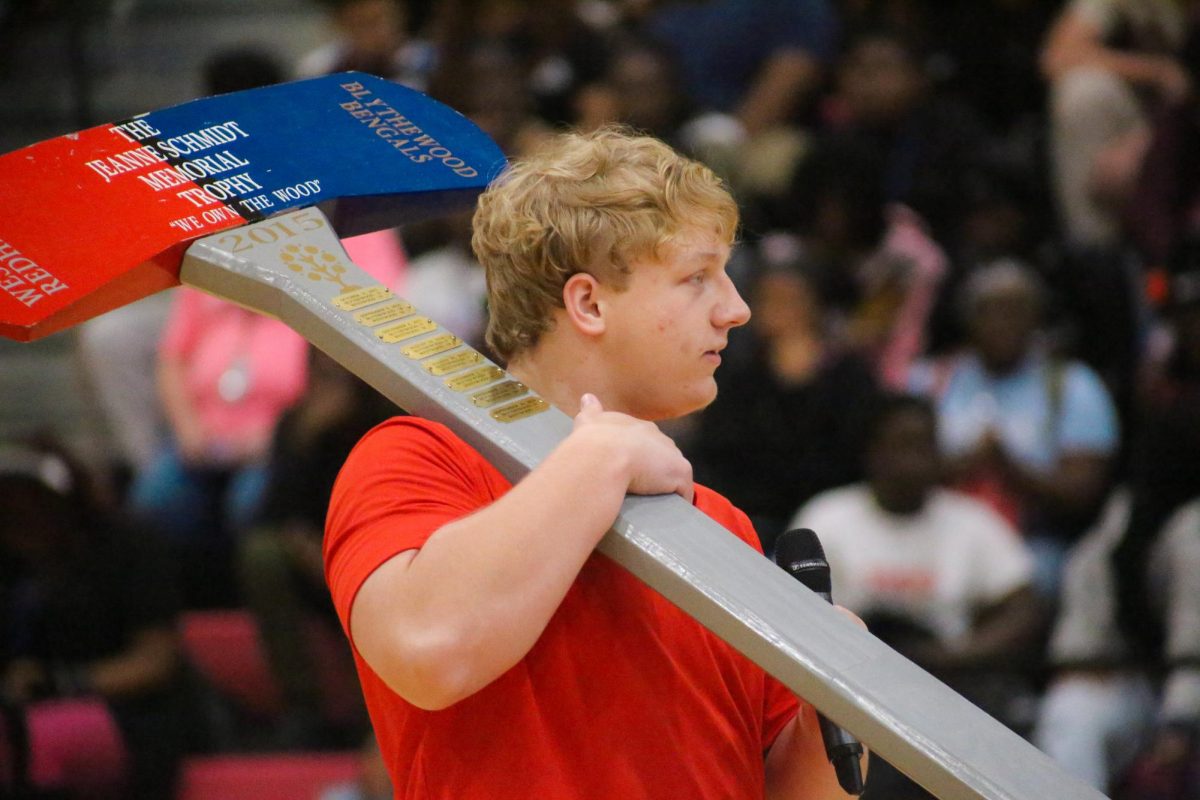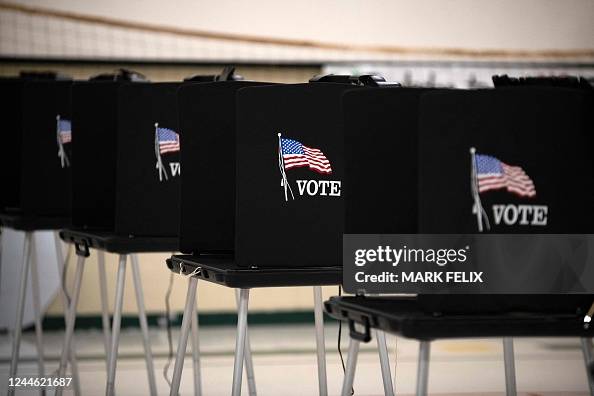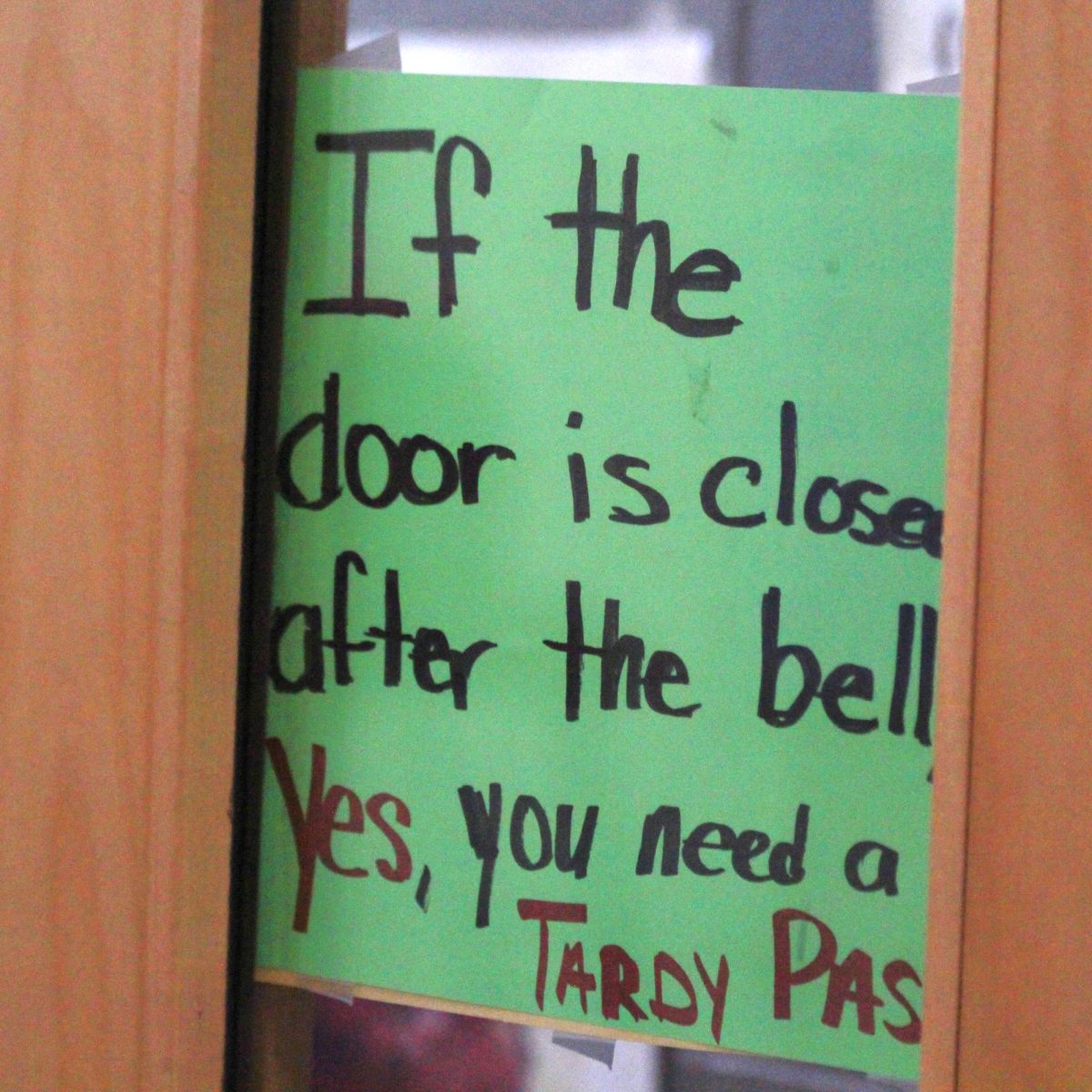In a bustling school hallway, the bell rings, and students scramble to their classrooms. But what happens when some don’t quite make it on time? Do tardies hurt the students?
Tardiness in schools is a common issue that affects both the learning environment and the overall discipline structure. Schools implement various strategies to manage and mitigate tardiness, aiming to foster punctuality while understanding the underlying reasons for students’ delays.
Everything that happens at Westwood High School falls under the law. If teachers or administrators don’t follow this, such as Dr. Rhoden, they could go to jail. “We have a warning bell and a tardy bell.
“All together students have 10 minutes to get to class,” Dr. Rhoden said, ” If they don’t make it, which they should, then they must get a tardy pass from one of the halls or front office.”
The South Carolina Department of Education has been tackling the issue of chronic absenteeism, which is defined as missing 10% or more of school days for any reason, excused or unexcused.
This problem is significant because it can negatively impact a student’s academic performance and overall success in school. The seniors of the school have been here for four years, so they’re used to this.
“I think it’s fair, but sometimes it feels a bit strict. There are days when things just go wrong, and being late isn’t always in our control. I appreciate when teachers take the time to understand our side of the story. It makes a big difference when they show they care about our circumstances.” Sarah is a senior at Westwood High School.
“I believe there should be a balance. Students should be responsible for being on time, but there should also be room for understanding and flexibility. Maybe having a system where students can explain their reasons before facing consequences would help.”
There are various highlights on strategies the state is implementing to combat this issue. Jeffery O’Shield’s (High School Science Teacher) has a big first period where everyone isn’t always on time.
“My students can sometimes get annoyed or upset that I’m making them go down the halls when they’re late. This isn’t helpful either when they decide to take strolls and take up their class time. That puts them behind and I have to go back and explain everything over again when they get back.”
Punctuality in education is crucial as it ensures students don’t miss important instructional time, prevents classroom disruptions, and supports better academic performance. If students miss out on this time in class, it can lead to poor time management, social and behavioral issues, and even increased absenteeism.
Encouraging punctuality helps students develop good habits and fully engage with their education, building a strong foundation for their future. These include early identification of at-risk students, engaging families and communities, and providing support through counseling and mentorship programs. The goal is to improve attendance rates and ensure that all students have the opportunity to succeed academically.
























